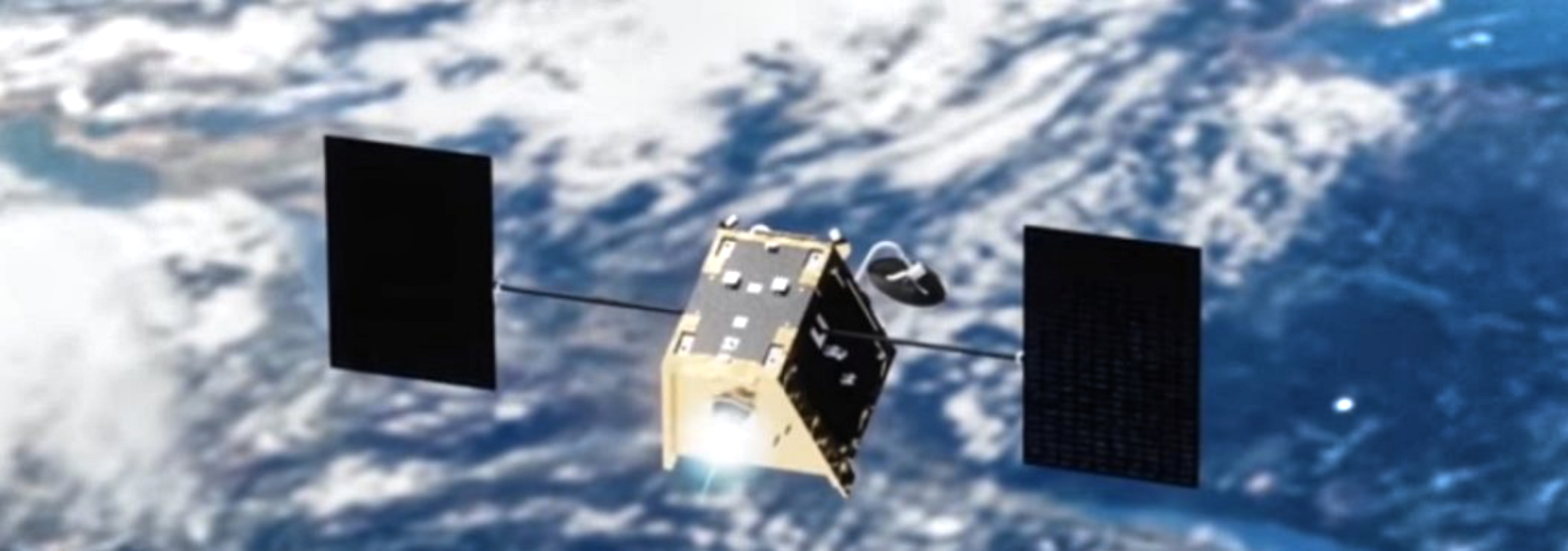

Chris Forrester
OneWeb, despite being on the sales forecourt as far as its assets are concerned while it is Chapter 11 bankruptcy, is asking the FCC to approve expanding its constellation of satellites to 48,000 in number, this according to a new filing by journalist Chris Forrester at the Advanced Television infosite.
OneWeb adds that its bankruptcy was not helped by the impact of the Coronavirus and was forced to file for Chapter 11. “The company continues the [bankruptcy] restructuring and sale process and has received considerable interest from parties worldwide,” it said in a statement.
OneWeb has asked the FCC to approve a modification to its existing license and to increase the constellation to 48,000 and thus “allow for greater flexibility to meet soaring global connectivity demands.”
The company currently has 74 satellites in orbit and launched the latest batch of 34 craft just a few days before going into bankruptcy protection.
OneWeb says the global restrictions imposed as a result of the Coronavirus pandemic have underscored the criticality of seamless broadband connectivity for economies, businesses, communities and individuals alike. Low Earth Orbit (LEO) satellite constellations can reach the most remote and rural areas as well as strategically important locations like the Arctic to provide government, safety and other needs requiring resilient, high-speed, low latency communications.
This latest OneWeb modification application, triggered in part by the FCC’s announcement of a Second Processing Round for Ku/Ka-band systems, seeks to update OneWeb’s existing US authorisation to match the latest system specifications, while also requesting an increase in satellites for the constellation.
Adrian Steckel, CEO of OneWeb said, “We have always believed that LEO satellites must be part of converged broadband network strategies to enable forward-thinking governments and businesses to deliver much-needed reliable connectivity, create more pathways to 5G and connect to the IoT future everywhere on earth. This significant increase in the size of the OneWeb constellation enables long-term flexibility and ensures we will be ready for the demand, future growth, and technology changes to come.”
In additional news from Chris, Intelsat states the company is committed to an accelerated process to clear C-band frequencies over the US in accordance with the FCC’s plan to speed the adoption for 5G.
The FCC’s deadline for the accelerated scheme is May 29th.

Stephen Spengler
“As the foundational architects of satellite technology and leading experts of integrated communications technologies, Intelsat is committed to advancing – at an accelerated pace – America’s position in the race to 5G,” stated Intelsat CEO Stephen Spengler. “With decades-deep institutional knowledge of the U.S. C-band, we understand what’s required to successfully and quickly transition current users, while maintaining high-quality, uninterrupted broadcast to more than 100 million American homes and businesses.”
With the announcement, Intelsat joins SES which has already committed to the process. Telesat of Canada and Eutelsat have also indicated their acceptance of the FCC’s schedule.
Intelsat says it has created a comprehensive transition plan to meet the requirements of the FCC order, and company representatives are collaborating with customers to ensure a smooth transition. Over the coming months, Intelsat says its experts will work closely with customers and with incumbent downlink earth stations throughout the continental US to re-tune and re-point antennas and to install 5G signal-blocking filters.
In advance of filing its transition plan with the FCC, Intelsat additionally filed a Petition for Reconsideration requesting the FCC make very-limited technical changes to the C-band order in order to mitigate post-transition interference and protect certain satellite control transmissions.
“Intelsat has been connecting Americans with technology for more than half a century. Our expertise, innovation, and technology investments have played a critical role in driving America’s economic and national security edge for the last five decades,” continued Spengler. “We embrace America’s drive to adopt 5G and recognise the important role that Intelsat will play in accelerating the clearing of the C-Band spectrum to ensure the US maintains its leadership in 5G and other advanced telecommunications technologies for decades to come.”
A company spokesperson added, "We embrace America’s drive to adopt 5G and recognise the important role that Intelsat will play in accelerating the clearing of the C-Band spectrum to ensure the U.S. maintains its leadership in 5G and other advanced telecommunications technologies for decades to come.”

